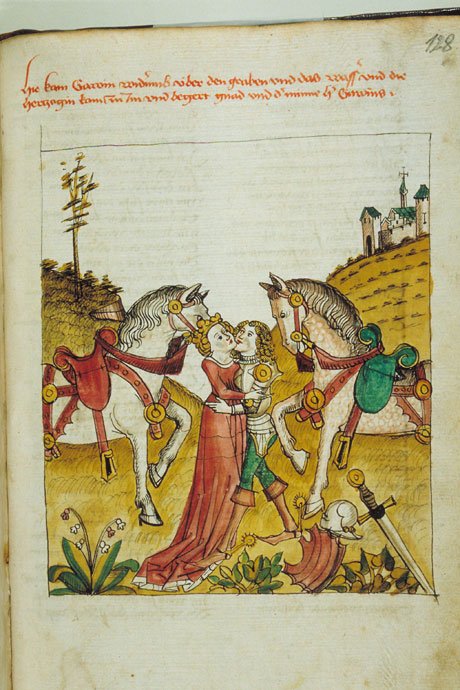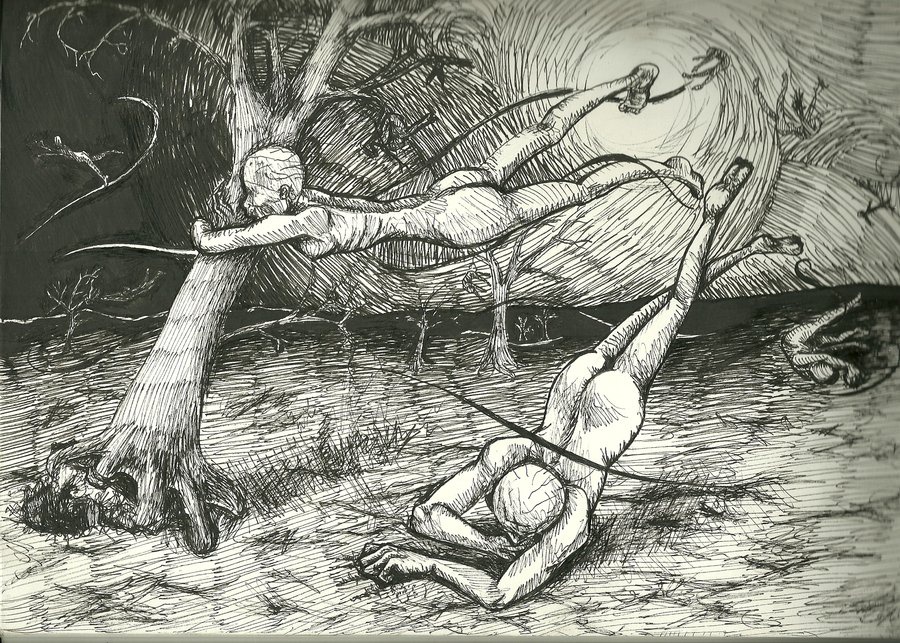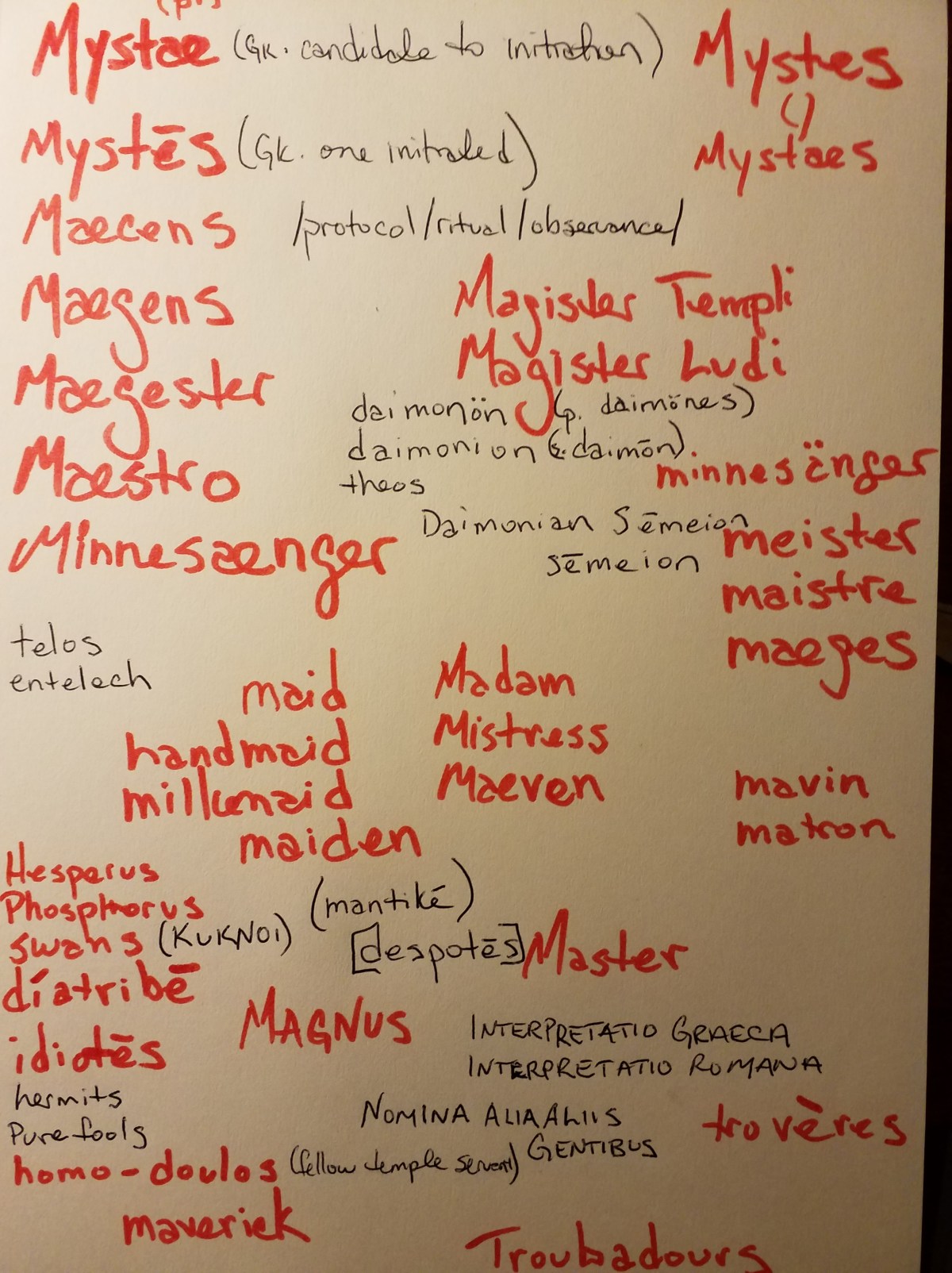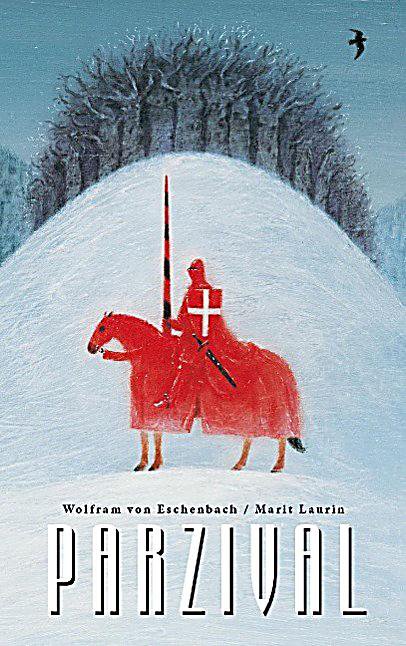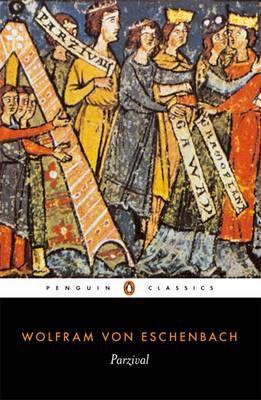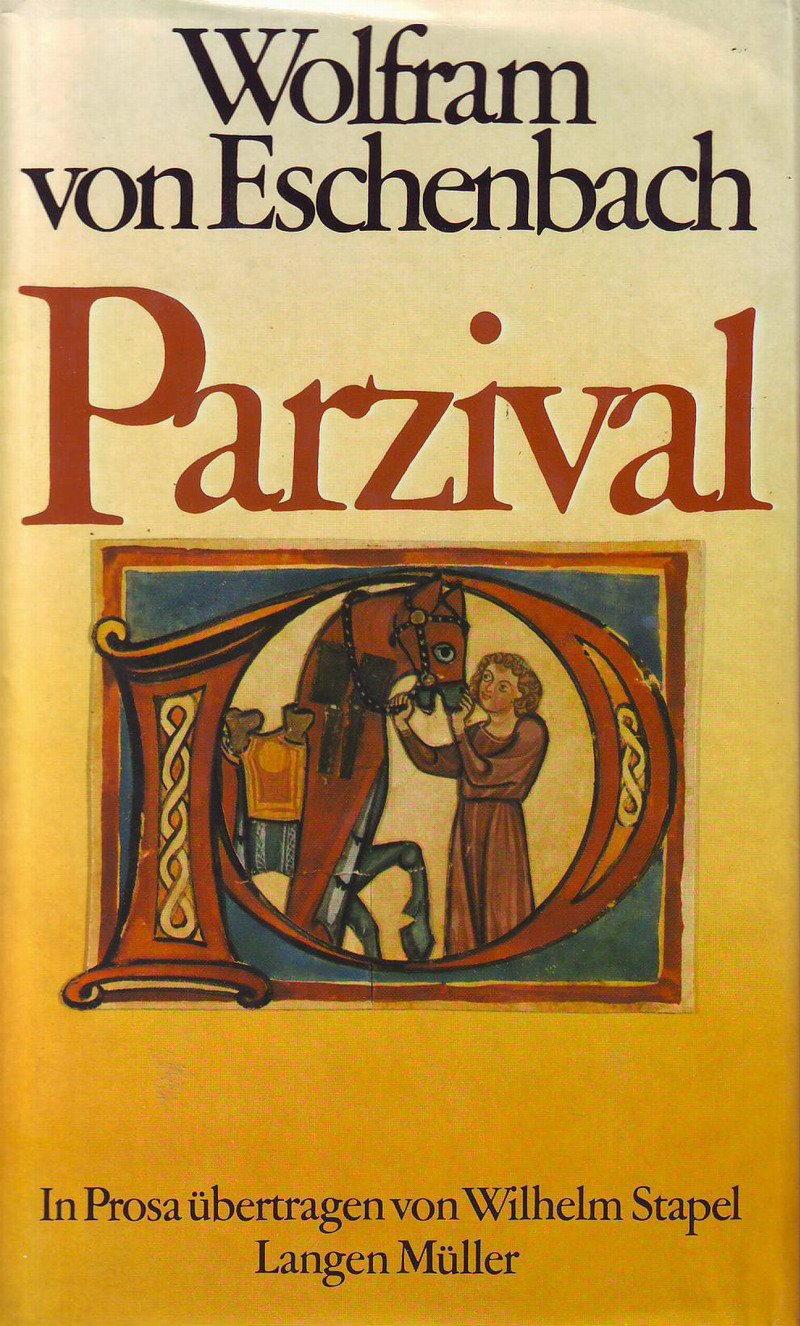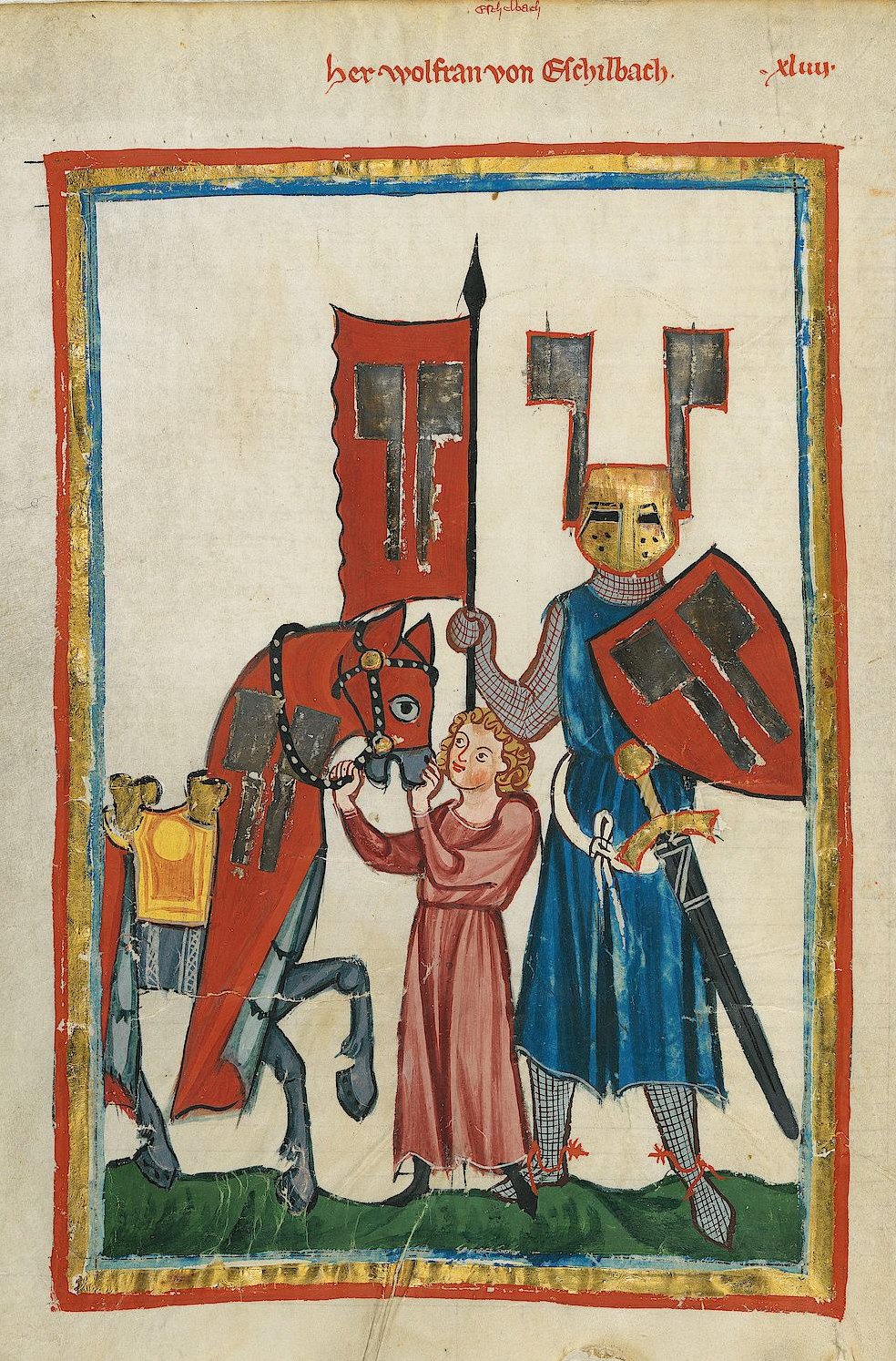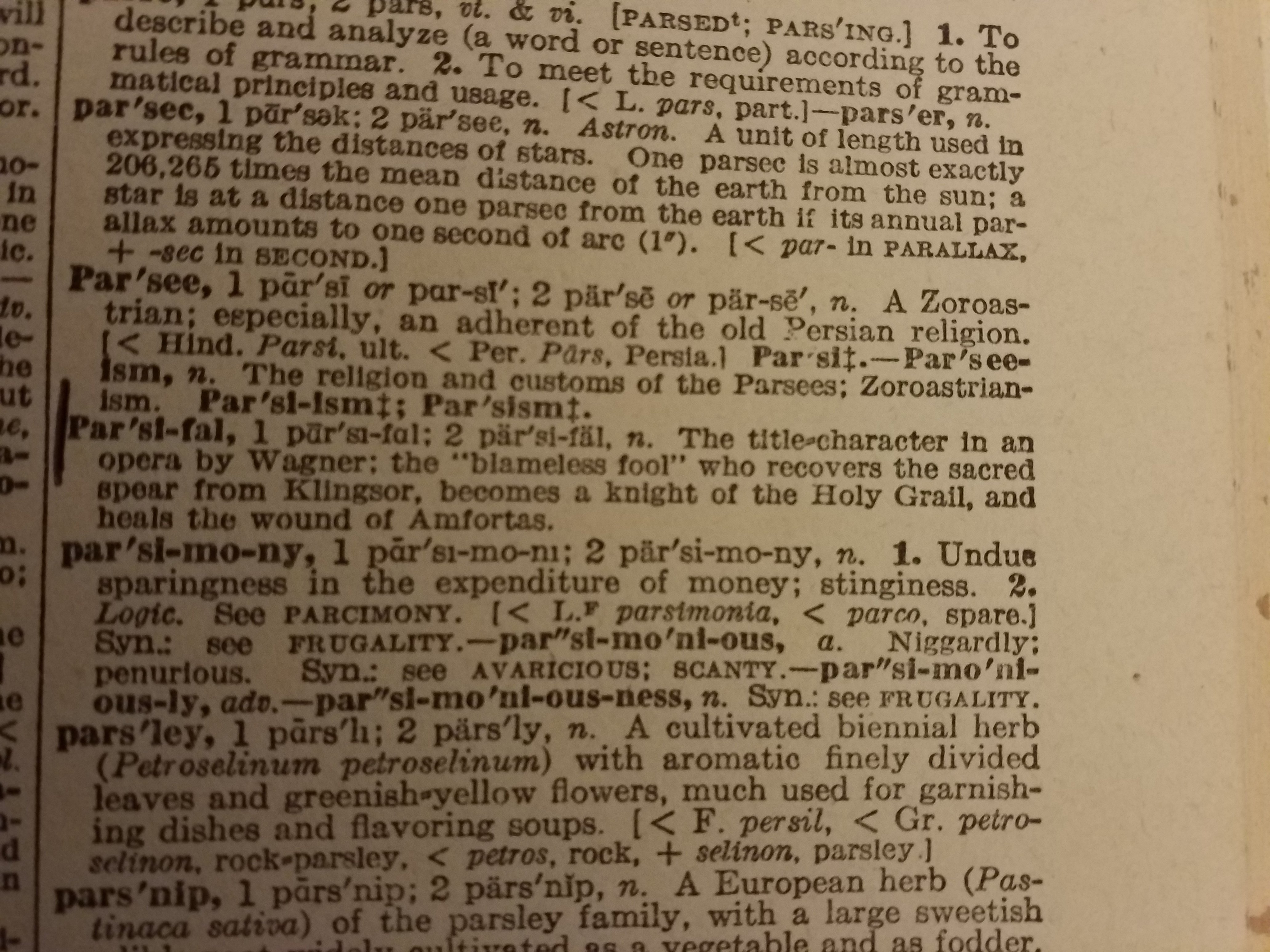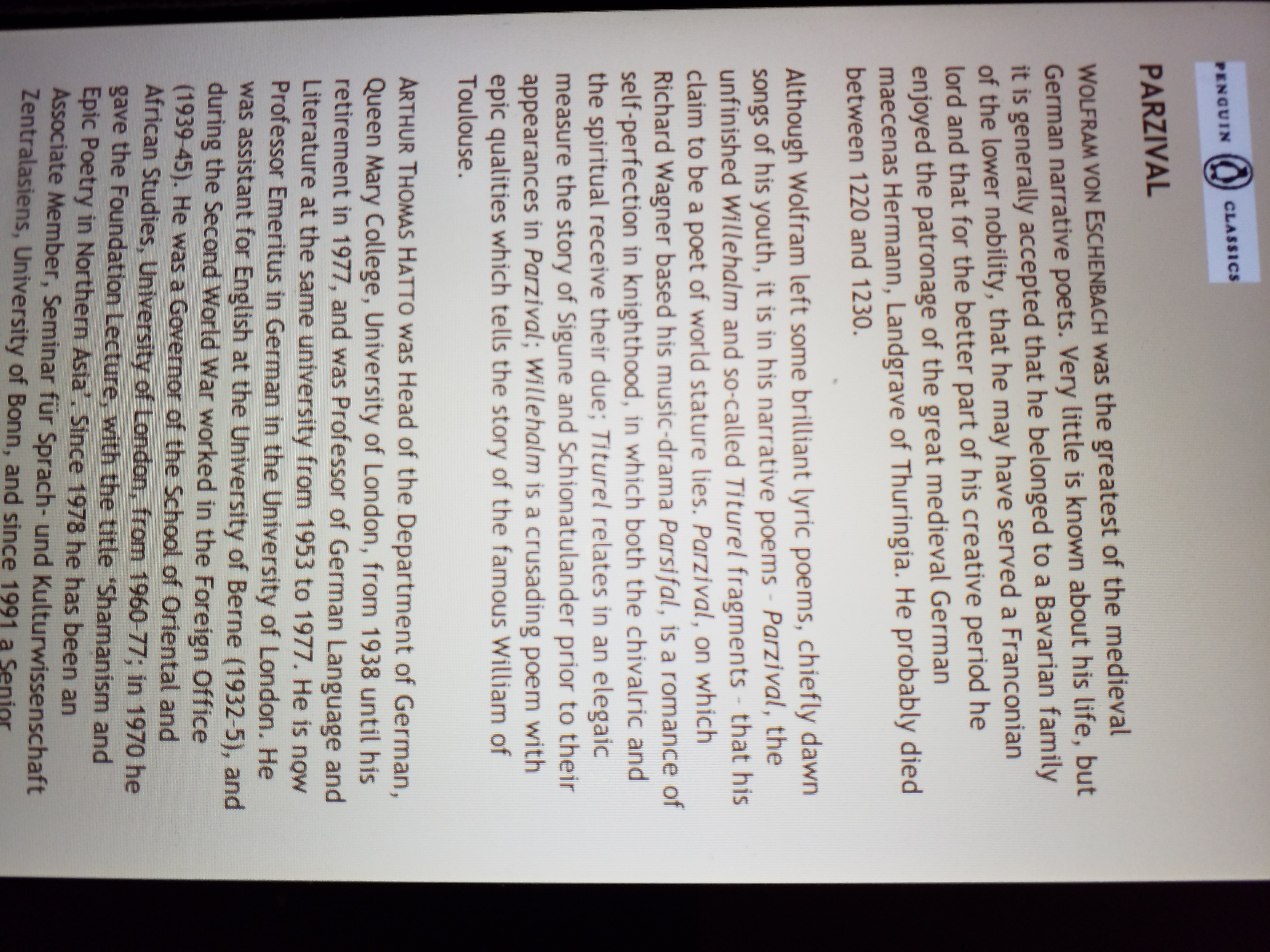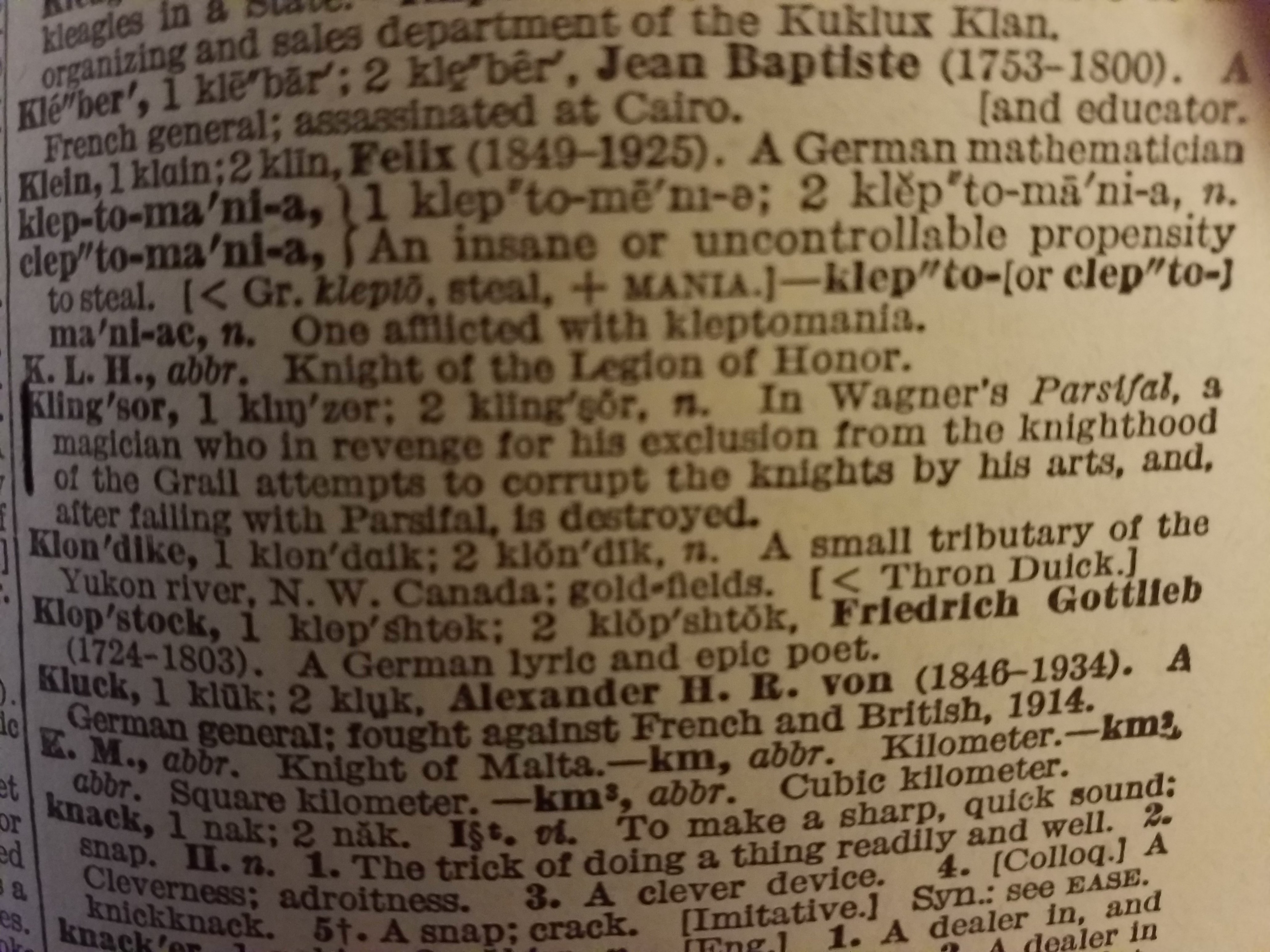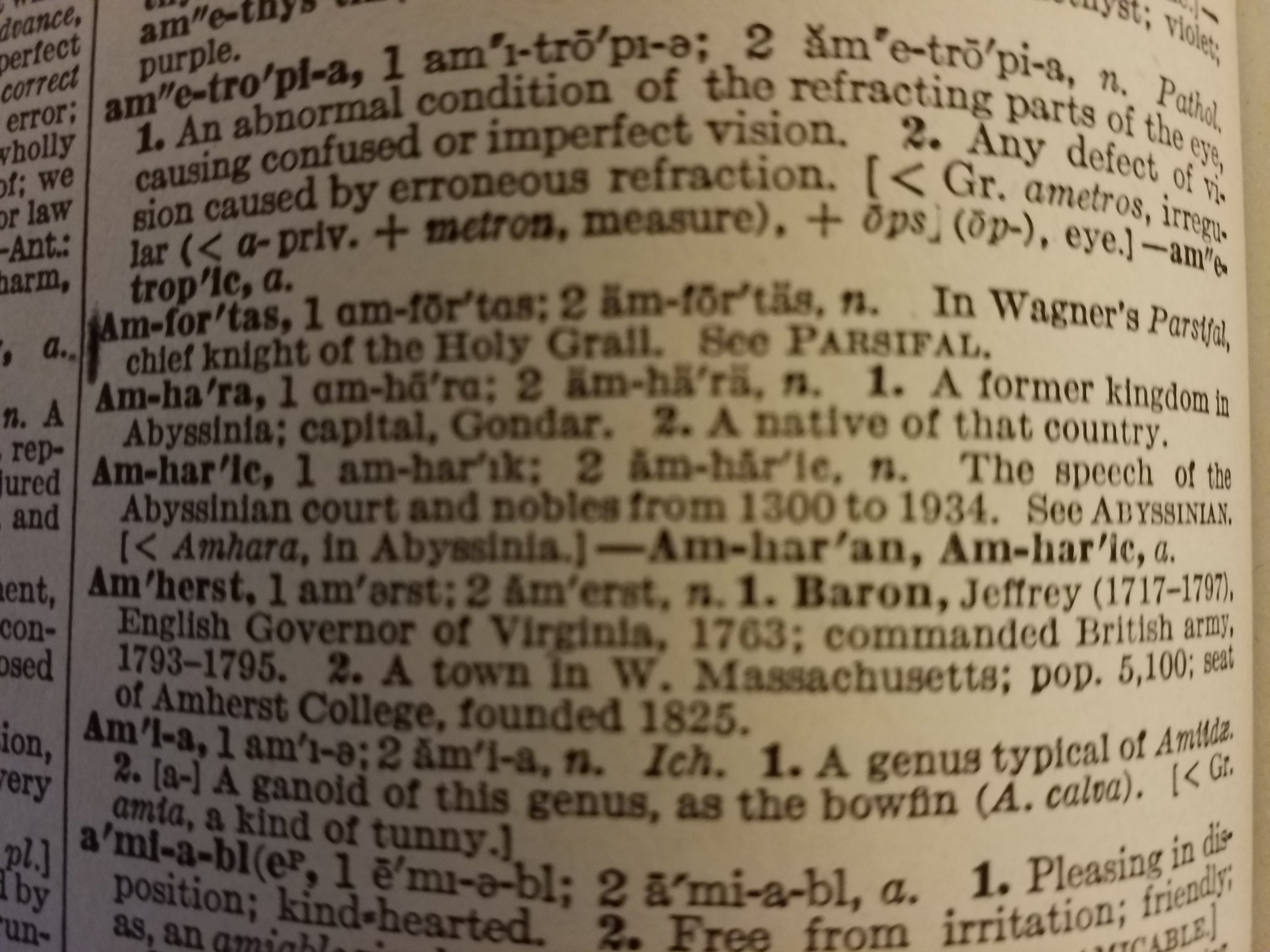He saw how Joseph was annealed by the fire…[and] felt the ordeal more than Joseph. P241
Sounded overwrought to me. Then I bothered (sic. concerned) myself with actually looking up
/annealed/
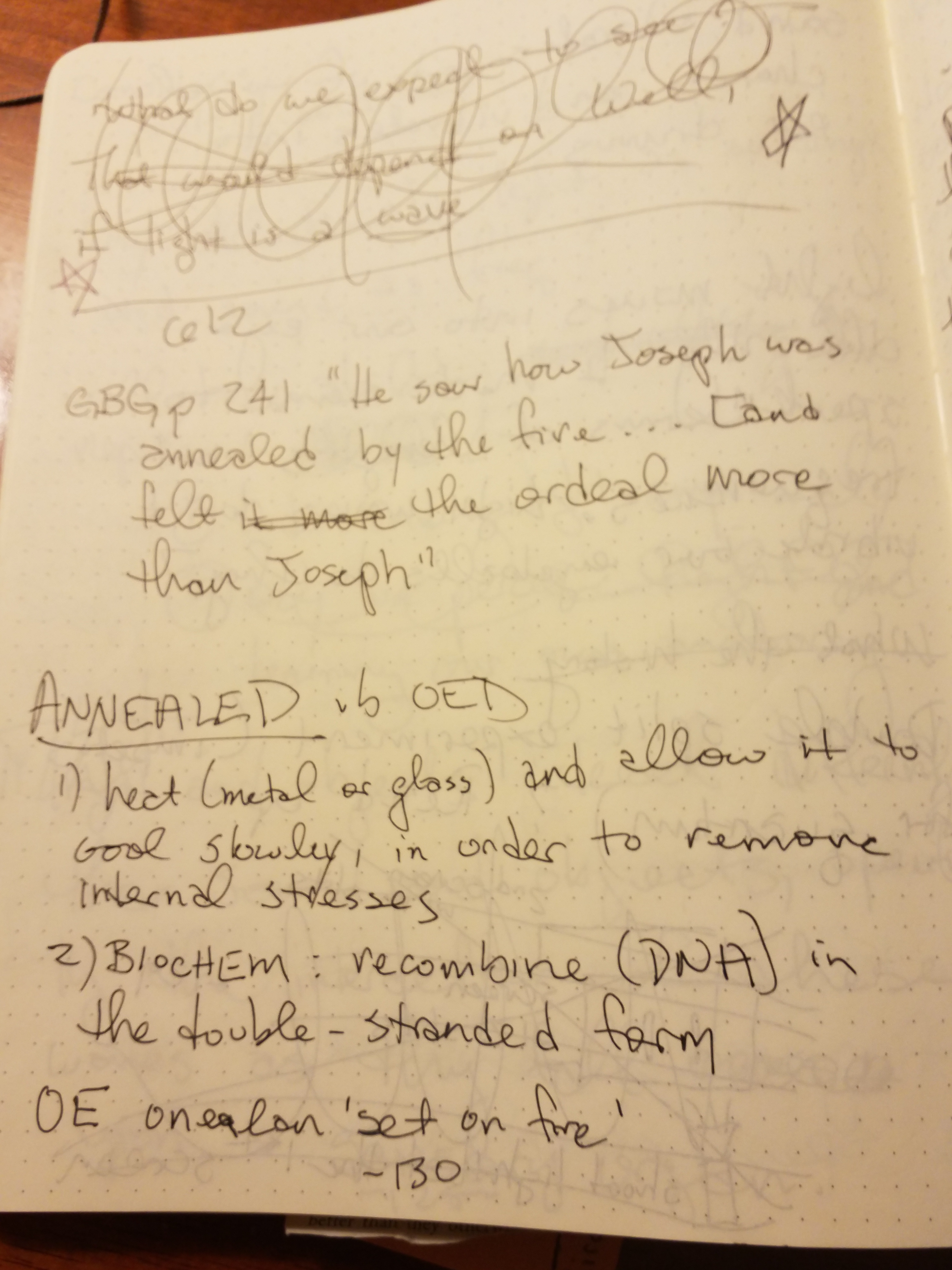
I was being educated on several levels. I first read the sentence such that I thought I knew more than I did. I imagined /annealed/ to be some form of a bow or a kneeling position, a kiss the ring, smell the glove. A posture taken when the situation demands you take yourself seriously. If you can imagine such a thing! Or that you undertake to do something trivial quite meticulously. For the sake of the process itself. By your choice. You take part with and in. Or, when ritual, tradition, culture, bestows us a transcendental catharsis by allowing us to take very specific actions with others undertaking them alongside, as well. A hymn sung by a choir. Suddenly, lighting a candle is holy. Yet, lighters and matches abound. Fire is easy to come by but it was not always so.
Blind spot.
Shocking how much meaning we can contain. There are so many pearls that some readers start arguing over the appraising of an irregular pearl. It is all about finding, examining, analyzing, and drawing conclusions about the relative value. Waiting to find that big money shot pearl. A yup.
“awe, more valuable. made of pearl but unique, collectors edition. Gesture, essence. and articulation.”
“Worthless. It’s shape isn’t paradigmatic of the standard pearl. Misinformed. Monstrous, devalues the other pearls to even be in the same bowl with them.”
Who let the pigs out? Who? Hoo hoo?
Too much monkey business for me. We as a species have moved on. Or did I miss the train and am now out of joint?
The Glass Bead Game: Magister Ludi. 1990. First Owl Books Edition. $18.00 USD/$24.95 Canada. That seems really inexpensive as I think back on it now. At five hundred and fifty eight total pages, it is a trek but no death march. As with any trek, though there will be days. But, then there will really be days! Am I right, a hyuck, hyuck.
The length is not the deterrent. The printing of the book intimidates. At least my copy. That is why I bought it. It looked too heavy for a book that size. A thing that is larger than physics allows but your eyes empirically cannot deny. Your brain’s rational processors will fill in the reasons that ‘you can’t trust your eyes.’
A phone booth and doctor.
A House of Leaves.
A ship ever at sail on a foreign sea, the life of the house mouse lost.
S/he loses their position in the home.
You lose something you did not know could go missing. The notion of home? An ending spoiled. Don’t let the little ones hear. Something you cannot unlearn but surely there is room for doubt and maneuver. Doubt suffers where there is little room
Something you took for granted. Because there is so much to see and so many things vying for the pleasure of your (everone’s) attention at all times. We cannot process the amount of information we physically can conceive us. We get by and brains fill in the blanks. The way you discover your new car’s blind spot.
《《 》》
Crash. Ah, hell.
《《 》》
But what was to be done? Can you judge yourself for not knowing that your vehicle is afflicted with a blind spot? Sure, but where that at? If you want me I’ll be in the bar. Speculating on some dreamy nonsense. The thing you did not see in your rearview & side mirrors (electric-adjustable, I’d wager) as you merged lanes, was, by dint of optical physics, unseeable. You cannot adjust for and account for such a variable.
The publishers did not eff around. There is a deliberate concern for both style and balance in the margin setting and lettering layout. There is room to scrawl. If you are into that sort of thing. I am! The luxury of the thick white broadband’s conjunction into right angles about the four verticies gains further dimensionality by its opposing page.
The reflecting pool in the palm. Narcissus finally went mobile. Each page appears with its predecessor and/or successor in symmetry. Consider the leaf of the sheet itself. Two page numbers and each bearing letter matricies yet on but one page. One page in the book holds two pages. Think about that. There ain’t ya’ll entertained? If that is not magic, then ya’ll doin’ it wrong. I see gods contained and present amongst the multiform streams. IHS Bacchus first. Then as Janus. Holding us in the present, pressed fast between the past and the future tense. So the text on each side of the page gives rise to leaf between your fingers as you turn the page.
Let us say, maybe, five hundred and forty pages are geometrically identical in dimension, same squares, same squares. Matrix array with its vectors contained in those critical margins. Two koi ponds reflected about the same axis of symmetry. Simpatico. The more you read, the more the very confined area with unnecessarily tiny pt. font, single spaced. Tight, trim, orderly. And you are drawn in and held fixed in that little space. Rapt. Enraptured.
And then the ratio expands. The page does not seem so small.
The biggest hinderance to the book’s popularity in America was a poor original cipher of the German language. But translating the lyrical prose of Hesse is probably like trying to translate a Japanese character into ‘the English word for it.’ You can pull it off but the English Equivalence is questionable. Americans are poorly positioned to be strong readers of such heavy, often erudite, ultimately, ironic tomes. We do not get the geographical exposure to other cultures.
Hell, we didn’t get the joke.
It fell for it too! The joke of being so dreadfully stoic that the reader would not dare think you were givin’ a ribbin.’ This is a book; An effing long one; I found all these pearls. I’m rich. Made-man. This is a book of power not jokes for blokes.
Sigh. Now, your cracking me up.
The good news is, if you do ever get the joke, it makes you smile and laugh out loud. Then shake your head. Hold on.
Although, states are arguably the same as little countries.
A discussion of the rather interesting history of this book finding expression in the English language

